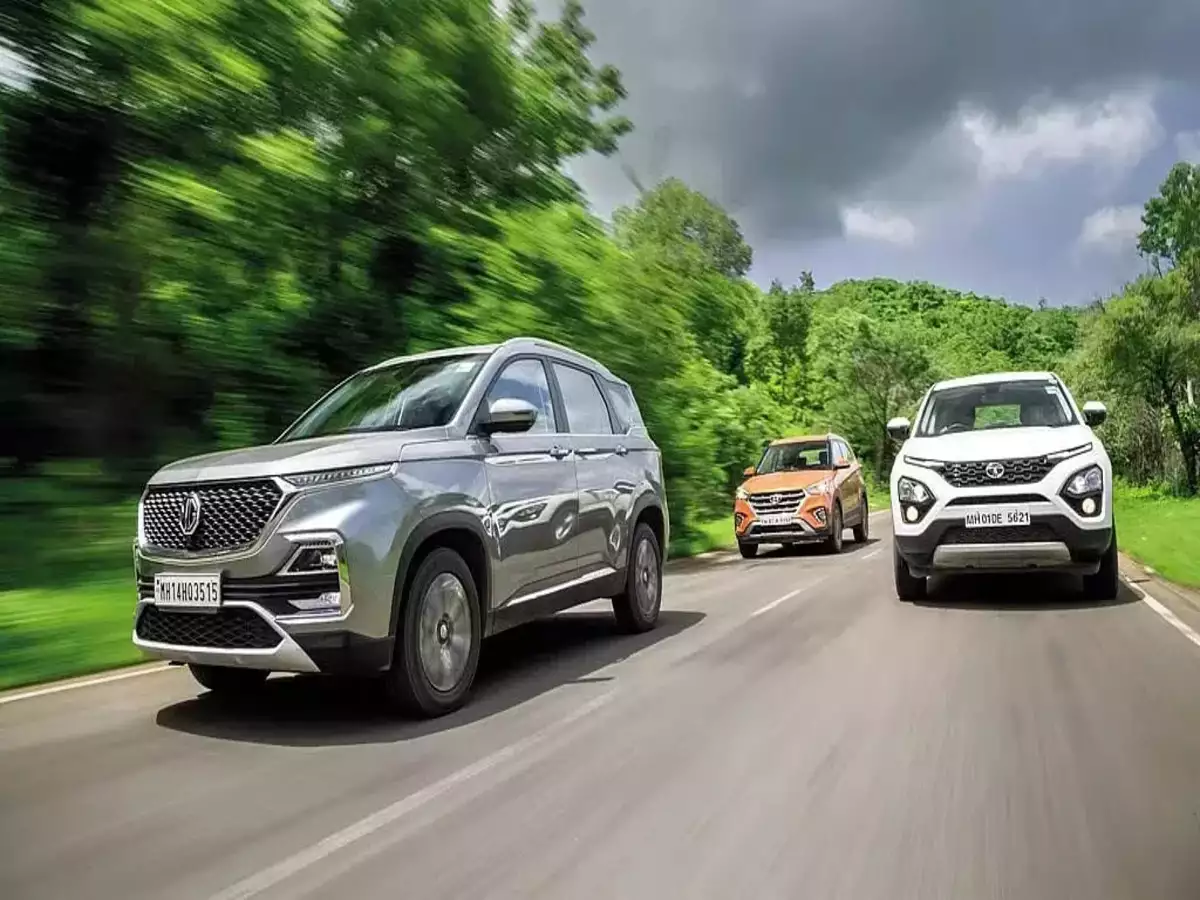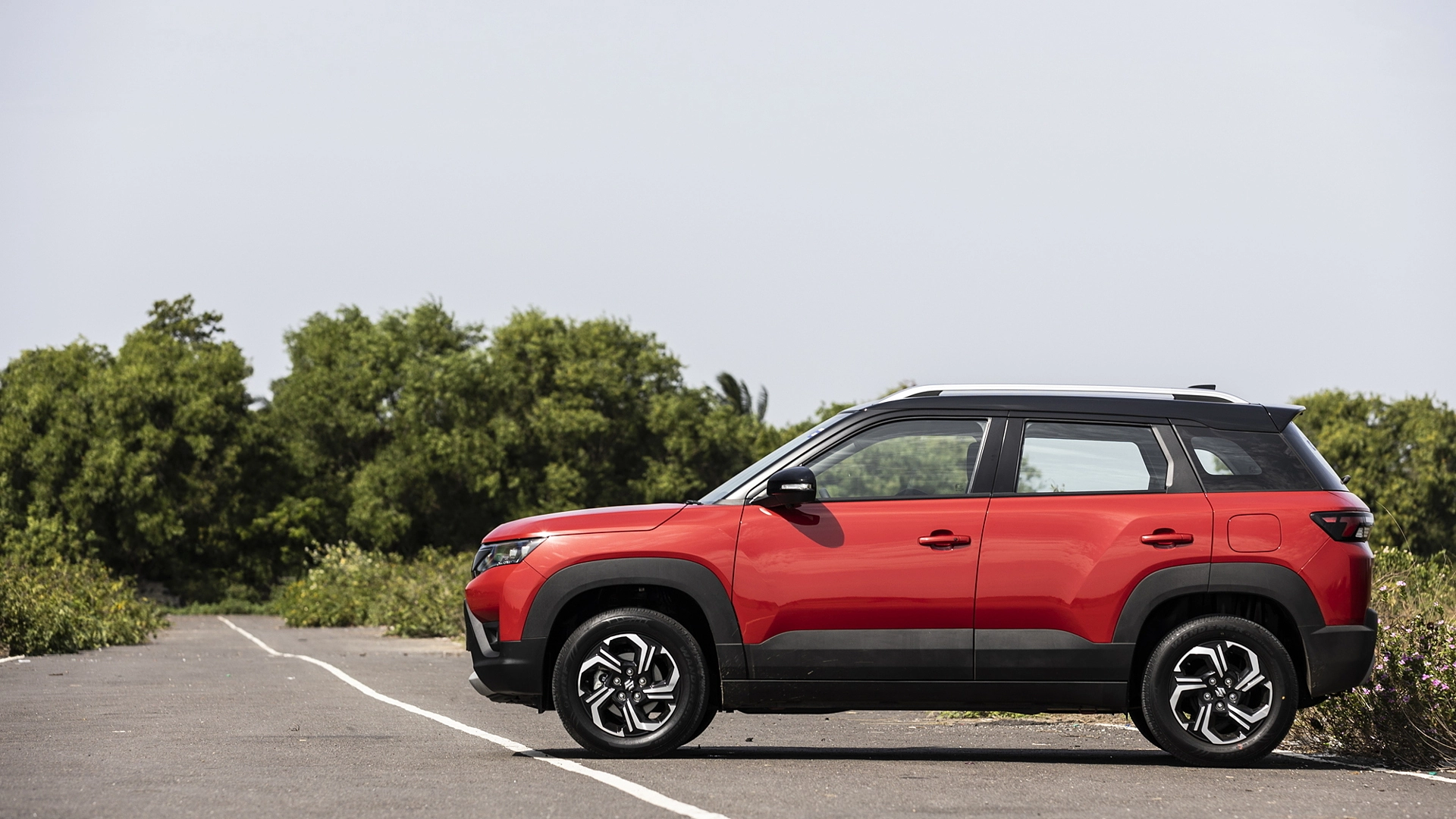
Table of Content
▼The Goods and Services Tax (GST) Council has recently announced a significant policy change that will impact the sale of used cars by businesses across India. In a move aimed at standardizing tax rates and boosting revenue, the council has decided to increase the GST on used car sales by businesses. This decision is expected to have wide-ranging implications for both the automobile industry and consumers.
Understanding the New Tax Policy
Previously, the sale of used cars by businesses was subject to a lower GST rate, which varied depending on the type and size of the vehicle. However, the GST Council has now decided to impose a uniform tax rate of 18% on the sale of all used cars by businesses. This change is intended to simplify the tax structure and eliminate discrepancies in the taxation of used vehicles.
Impact on the Automobile Industry
The increase in GST on used cars is likely to have several effects on the automobile industry. First and foremost, it may lead to a rise in the prices of used cars sold by businesses. Dealers and businesses involved in the sale of pre-owned vehicles might pass on the higher tax burden to consumers, making used cars more expensive. This could potentially slow down the growth of the used car market, which has been expanding rapidly in recent years.
Moreover, the increased tax rate might affect the profitability of businesses engaged in the trade of used cars. Dealers will need to adjust their pricing strategies and possibly reconsider their business models to accommodate the higher tax rates. This could lead to a period of adjustment and adaptation within the industry.
Consumer Implications
For consumers, the hike in GST on used cars means that purchasing a pre-owned vehicle from a business could become more costly. While individual sellers are not subject to the same tax increase, the organized sector, which includes dealerships and companies specializing in used car sales, will see price hikes. Consumers may need to weigh the benefits of buying from a business, such as warranties and certified pre-owned options, against the higher costs.

Additionally, this change might drive some consumers to opt for new cars instead of used ones, especially if the price difference narrows. This shift in consumer behavior could impact the overall demand dynamics in the automobile market.
Rationale Behind the Decision
The GST Council's decision to raise the tax on used car sales by businesses is part of a broader strategy to increase government revenue and simplify the tax system. By imposing a uniform tax rate, the council aims to create a more straightforward and transparent taxation process. This move is also expected to reduce tax evasion and ensure that businesses comply with the new regulations more effectively.
Future Outlook
As the new GST rate on used cars takes effect, it will be important to monitor its impact on the automobile industry and consumer behavior. While the initial response may include price adjustments and market fluctuations, the long-term effects will depend on how businesses and consumers adapt to the new tax regime.
In conclusion, the GST Council's decision to increase the tax on the sale of used cars by businesses represents a significant policy shift with potential implications for the entire automobile industry. Businesses and consumers alike will need to navigate the changes and adjust their strategies to accommodate the new tax landscape.
Also Read: Best 7 Seater Cars in India to Buy 2025
Neha Mehlawat
Neha Mehlawat is an automotive journalist and industry analyst with 10+ years of experience covering cars, bikes, and mobility trends. She tracks the latest launches, technology upgrades, and policy changes in the auto sector, delivering sharp insights that help readers stay ahead in the fast-evolving world of automobiles.








